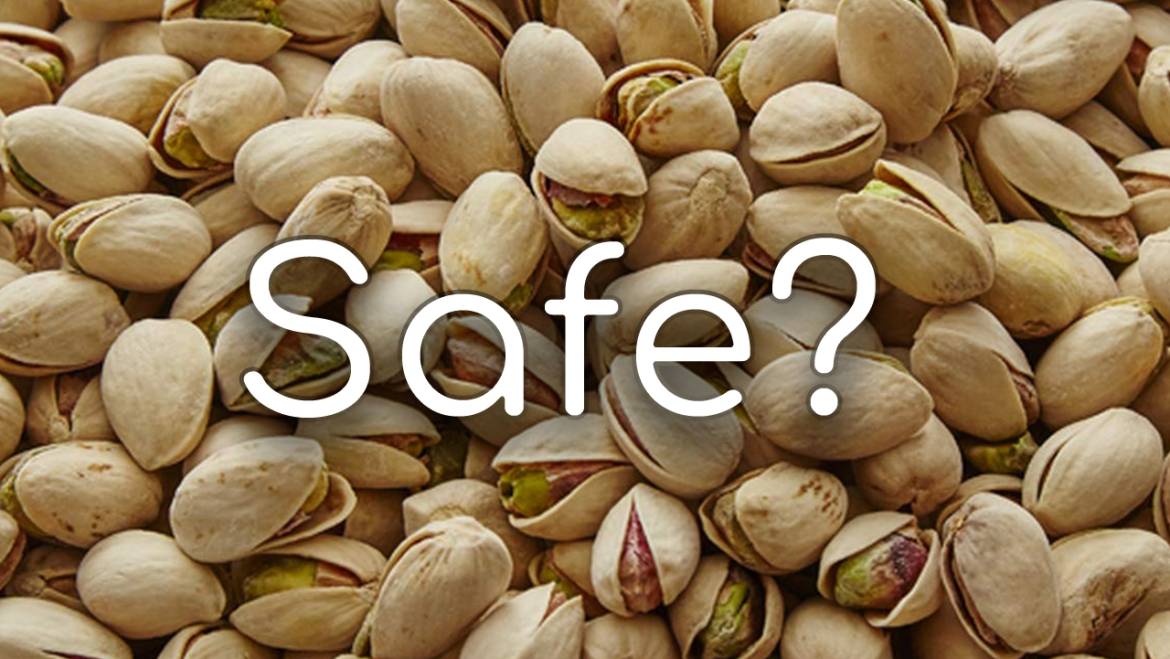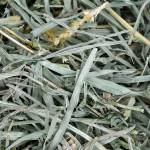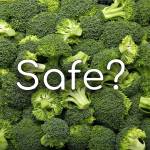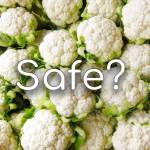Chinchillas are adorable and fascinating animals that require a balanced and nutritious diet to stay healthy. As a chinchilla owner, it’s natural to wonder if your furry friend can eat certain foods, like pistachios. Pistachios are a popular snack among humans, but are they safe for chinchillas to consume? In this article, we’ll answer that question and explore the benefits and risks of feeding pistachios to chinchillas.
What are Pistachios?
Pistachios are a type of nut that originated in the Middle East and have been cultivated for thousands of years. They are a rich source of protein, fiber, healthy fats, and several vitamins and minerals. Pistachios are also low in carbohydrates and calories, making them a popular snack among people looking to lose weight or improve their overall health.
Can Chinchillas Eat Pistachios?
While pistachios are a nutritious snack for humans, they are not recommended for chinchillas. Chinchillas have a sensitive digestive system and require a diet that is high in fiber and low in fat. Pistachios are high in fat and can cause digestive issues, such as diarrhea and bloating, in chinchillas. Moreover, pistachios have a high content of phosphorus, which can cause bladder stones in chinchillas if consumed in excess.
What Happens if a Chinchilla Eats Pistachios?
If a chinchilla eats pistachios, they may experience several negative health effects. Firstly, the high-fat content in pistachios can cause diarrhea and other digestive issues. This is because chinchillas are unable to digest fats as efficiently as humans, which can lead to bacterial overgrowth in their gut. Secondly, pistachios are high in phosphorus, which can cause bladder stones in chinchillas if consumed in excess. Bladder stones can lead to urinary tract infections, kidney damage, and other serious health problems in chinchillas.
What Should Chinchillas Eat Instead of Pistachios?
Chinchillas require a diet that is high in fiber and low in fat. Their diet should consist primarily of hay, pellets, and fresh vegetables. Timothy hay is an excellent source of fiber and should be available to your chinchilla at all times. Pellets should be fed in moderation, as they contain essential vitamins and minerals that chinchillas need. Fresh vegetables, such as kale, carrots, and bell peppers, can be given to chinchillas as treats. However, it’s important to introduce new foods gradually and in small amounts to avoid digestive issues.
In conclusion, chinchillas should not be fed pistachios due to their high-fat content and high levels of phosphorus. While pistachios are a healthy snack for humans, they can cause digestive issues and bladder stones in chinchillas. Instead, chinchillas should be fed a diet that is high in fiber and low in fat, consisting primarily of hay, pellets, and fresh vegetables. If you have any concerns about your chinchilla’s diet or health, it’s always best to consult with a veterinarian who specializes in exotic animals.







